Which are the books we reach out for in a year that is undoubtedly one of the most violent in recent history? In an effort to make sense of the senseless violence that assaulted us, starting from the devastating earthquake in Gujarat and going on to man-made disasters of unimaginable dimensions, readers, who ranged from ministers and parliamentarians to historians, writers, sociologists, actors and models, sought comfort and understanding and even escape in books—new and old favourites, poetry, novels, essays, thrillers...
Books Gallery 01
Romila Thapar, Mukul Kesavan, Mani Shankar Aiyer, Gulzar, Shabana Azmi, Omar Abdullah, Manil Suri, Sushmita Sen, Shyam Benegal et al on what they read this year...
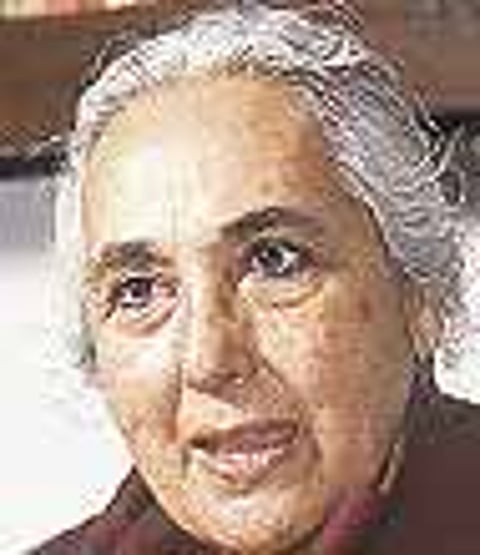
"One book that I felt compelled to read this year is Poems by Faiz—FaizAhmed Faiz, translated and introduced by Victor G. Kiernan (oup). He seems to have so manyinsights into what has been happening in the Indian subcontinent in the lastcentury."
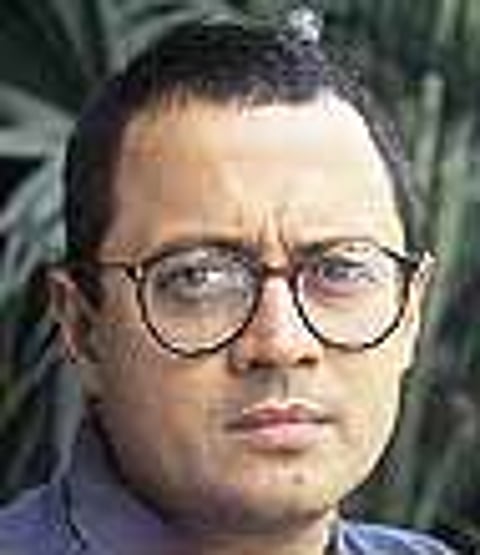
"I don't think people read what they read because of current affairs but two booksmade an impression on me this year: The Idea of India by Sunil Khilnani (VikingPenguin) and The Last Jet-Engine Laugh by Ruchir Joshi (HarperCollins).Khilnani's book is a wonderfully lucid history and definition of the republican principlesthat established India. I liked Ruchir's book because, like Khilnani, it is passionate inits many stories about the Nehruvian world he inherited. He is also blackly funny aboutthe dystopia that might lie in the future if the present mood of intolerance lasts."
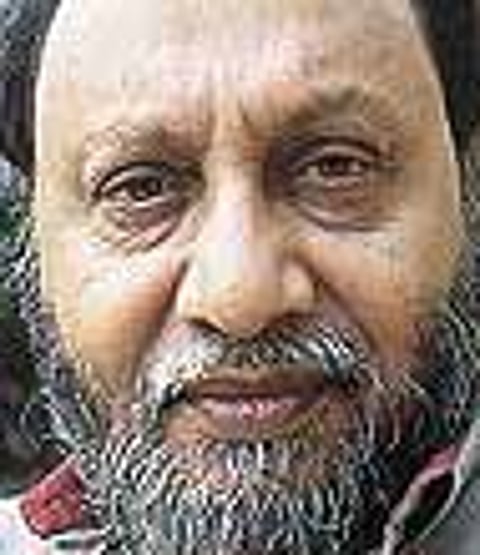
"The two books that I found very relevant in this year of senseless violence are notvery recent publications. One is The Aftermath by Aaron Hass (CambridgeUniversity Press) and deals with how we live with the aftermath—memories andscars—of violence, and how individuals and communities react to the experience oflarge-scale violence. It helped me to see and sharpened my sensitivity to how human beingsreact in the face of violence.
The other book which I found very pertinent to this year is Crisis of Witnessing inLiterature, Psychoanalysis and History (Routledge) by Soshana Felman and Dori Laub.This book deals with victims and students of violence and tries to examine how bothconstitute a new species of witnesses in our times. Those who suffer and those who witnesstalk of their experience which creates in them a unique responsibility, and it is thisresponsibility that these two writers focus on."
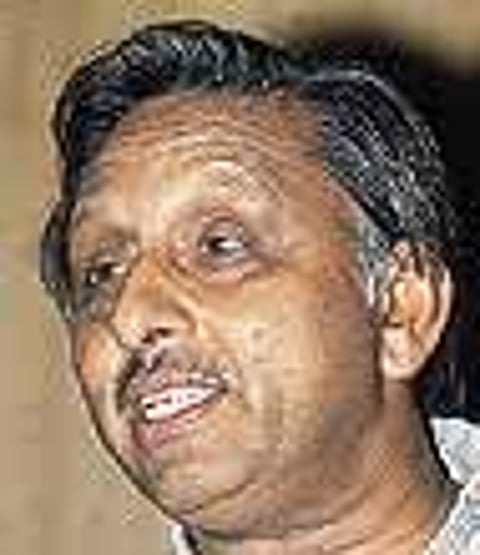
"One book that helped me a great deal in comprehending the events of this year isPropaganda and the Public Mind by Noam Chomsky (South End Press). It reinforcedmy deep apprehension about the quest for dominance and the reliance on violence that soinforms the American approach to international affairs.
As an antidote to the quest for violence, I went back to two old books: In Retrospect—TheTragedy and Lessons of Vietnam by Robert S. McNamara (Vintage) and The Dark Sideof Camelot by Seymour M. Hersh (Little Brown). McNamara as US Secretary for Defenceunder John F. Kennedy was a leading advocate and practitioner of a military solution to USproblems in Vietnam. It is his searing experience of the futility of military might thatcaused him to review his own thoughts and actions. Hersh tells the story of variousattempts by the CIA, particularly in the time of Kennedy, to solve America's foreignpolicy problems through assassination and terror. The numerous attempts that were madeinclude several unsuccessful attempts to kill Fidel Castro and a successful one on theCongo leader, Patrice Lumumba.
I also revisited another book which deeply moved me in my youth: The Two Vietnamsby Bernard B. Fall (Praeger). When the proposal came for King Zahir Shah to be the fulcrumaround which the new government of Afghanistan would centre, I remembered how in a similarmanner the Americans in 1964 had thought the ideal solution to their problems in Vietnamwas to build the new government of South Vietnam around the installation of Bao Dai.Thatwas a disaster, but America is not willing to learn from its own experience.
The ultimate solution really lies in another book I won at school: Non-Violence inPeace and War by M.K. Gandhi (Navjivan). "We must have more faith in ournon-violence than the terrorist has in his violence," Gandhi says in one of theseessays and it's worth reflecting on after the terrorists' attack on Parliament and as wemove out of one of the most violent years in history."
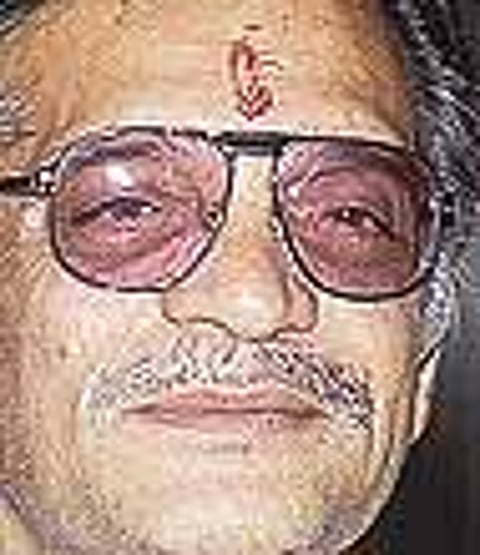
"The Little Magazine, one of the best literary magazines I've read,published an issue recently on terror in all forms which made a lot of sense. Also, Lifeand Times of Rumi by Schinnell. The book is about the life of Rumi, a great Sufipoet, and Schinnell describes his journey, the people, the culture and the life he walkedthrough along with references to his poetry. Poems by Hafiz in translation wasanother book that gripped me this year. But a very beautiful book was Vaikom MohammedBasheer (Katha Classics), the translated short stories of the famous Malayaliwriter."
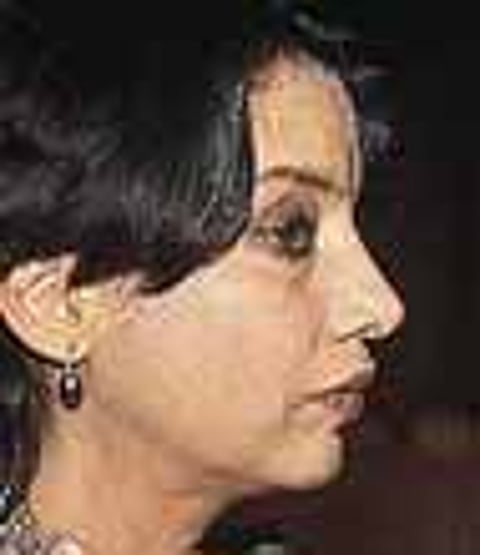
"Two books I keep going back to are Saare Sukhan Hamaare by Faiz AhmadFaiz (Rajkamal Prakashan) and Awara Sajde by Kaifi Azmi (also RajkamalPrakashan). I think poetry is really the voice of sanity for all times. And beautifulpoetry is timeless. Both these collections, while rooted in a particular time, are for methe voice of caution and sanity. I don't read novels but I've read all of Arundhati Roy'sessays (now published by Penguin, The Algebra of Infinite Justice) and I wasextremely moved by all of them. I find her voice to be one of the most persuasive of ourtimes: her language is flawless and she is the most seductive writer I have encountered, acompletely wonderful writer with sentences like: "The next war will be fought withbox-cutters, pen-knives and anger. And anger doesn't show up at customs."
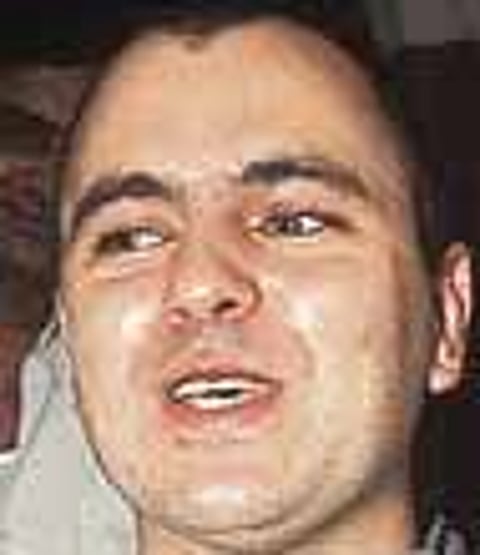
"I always prefer to read thrillers and books that I don't have to concentrate toohard on and this year, especially, I preferred to stick to those kind of novels. APainted House by John Grisham (Random House) is unlike the usual legal thrillers Ilove and is set in a cotton plantation in Arkansas, US, and describes the struggle tosurvive among the cotton plantation workers that I found very gripping.
The Sigma Protocol by Robert Ludlum (St Martin's Press) has a plot that seems sooutlandish but after 9/11, I guess, anything is conceivable. It's about a secretorganisation of businessmen, including former Nazis, and basically says that the Cold Warwas an initiative of business houses. Shock by Robin Cook (Putnam) is about twoHarvard students who donate eggs for a childless couple and uncover a sinister plot bythose using this cutting-edge technology for their own unscrupulous ends. What I likeabout Cook's medical thrillers is that his scenario is much worse than it is already,providing some cold comfort."
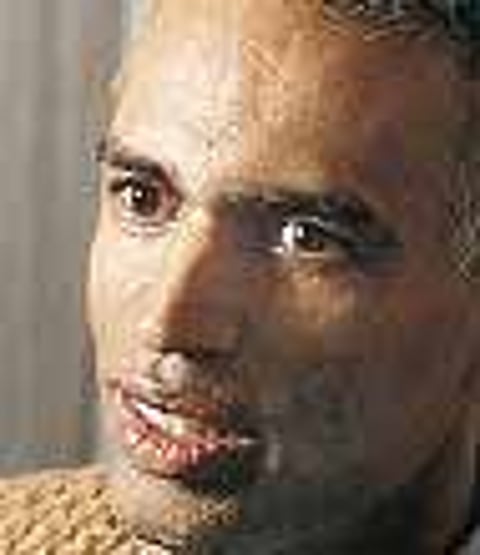
"I reached out for two old favourites and a new biography for making sense ofthis year—Lord of the Flies by William Golding (HarperCollins): I read thisfirst in college like many students all over India and the world, and went back to read itagain this year.A brilliant illustration of how differences in motives and values can pithuman beings against each other.What is so ultimately devastating about this book is theway it shows how evil is always present within the human race, just waiting tohatch—no amount of innocence or goodwill or rationality can ever make it disappear; Siddhartaby Hermann Hesse, a new translation by Sherab Chodzin Kohn (Shambhala Classics): Althoughsome aspects of this spare and beautiful classic are exoticised, what comes throughpoignantly is the journey of self-determination it describes. No matter what is happeningaround us in the world, we are all responsible for our own spiritual determination inlife; Indira by Katherine Frank (HarperCollins): The controversy and hooplasurrounding this book and its accuracy may have obscured the fact that this is anexcellently-written story about human endeavour in the face of adversity. One is remindedthat India's turbulent past is (like the history of so many countries) a microcosm of whatmay be happening today on a global scale."
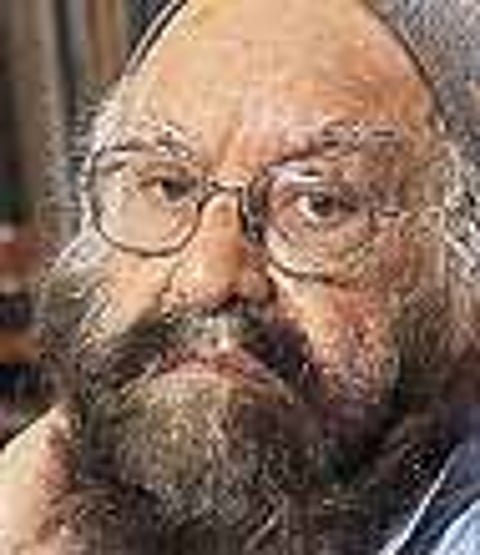
"Of the 36 books I read this year, including new novels by Salman Rushdie andV.S. Naipaul, only three dealt with violence perpetrated by men on each other. Acts of godlike the catastrophic earthquake in Gujarat which took a toll of over 30,000 lives onRepublic Day remained outside the purview of men of letters.
Shashi Tharoor's Riot (Viking) was significant as it analysed how mistrustbetween two communities can grow into hate and hate explode into violence which amongstdozens of others takes the life of an American girl involved in family planning. Tharoorinjects dollops of sex into his plot and holds the readers' interest till the last page. Deathof Vishnu by Manil Suri (Viking-Bloomsbury) deals with the same theme with a sharperfocus. His characters live amicably in the same apartment block in Mumbai till a Muslimboy falls in love with a Hindu girl and elopes with her. Their friendships fall apart andhate rules the roost. Suri injects a lot of humour in his narrative.
Bin Laden: Behind the Mask of Terrorism (Vision Books) by Adam Robinson is thebiography of the most wanted criminal of the year. It tells of the life of bin Laden: borninto fabulous wealth, in his youth into heavy drinking and patronising prostitutes,suddenly turning into a devout Muslim bent on destroying what he regards as enemies ofIslam: Christians, Jews and Hindus, and how his fanatic followers take Islam's jehad toChechnya, Yugoslavia, Kashmir and finally into the very heart of America.
What remains unwritten is violence visited by god on innocent humans as in the Gujaratearthquake. This perhaps is due to the fact that no one has a clue about it and rationalpeople are no longer willing to buy the fiction of paying for sins committed in previouslives."
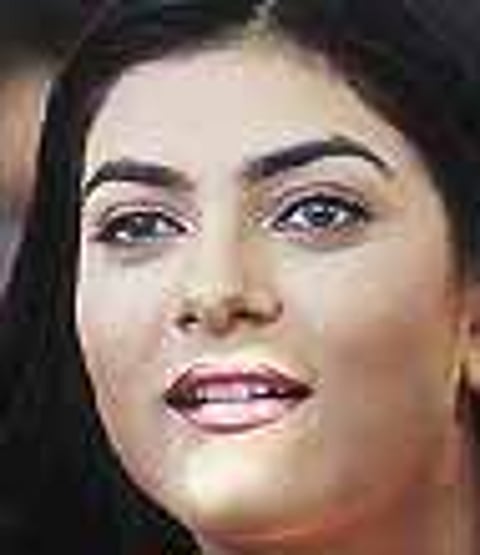
"A book I read recently that made a lot of sense to me is Madonna: AnIntimate Biography by J. Randy Taraborrelli (Simon and Schuster). What I liked aboutit is that it's very inspirational. It talks about how people handle problems and life.And when you're talking about someone as controversial as Madonna, you sort of getinspired to understand that your problems are not big enough. That you can always handleit."
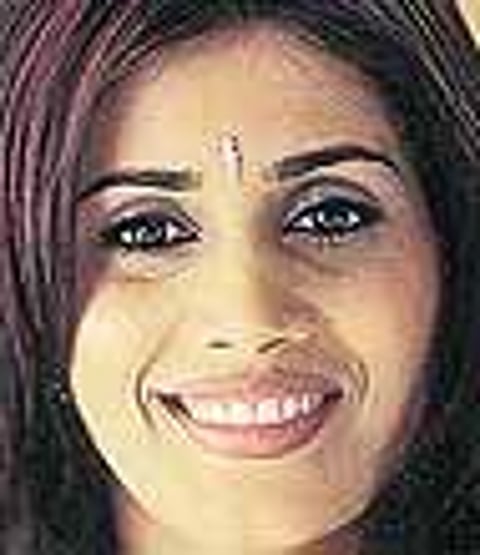
"The books that made sense to me this year have nothing to do with violence. Oneis Interpreter of Maladies by Jhumpa Lahiri (HarperCollins). It speaks ofrelationships and why and how they work. Not only a marriage but all relationships and shedelves deep into them."
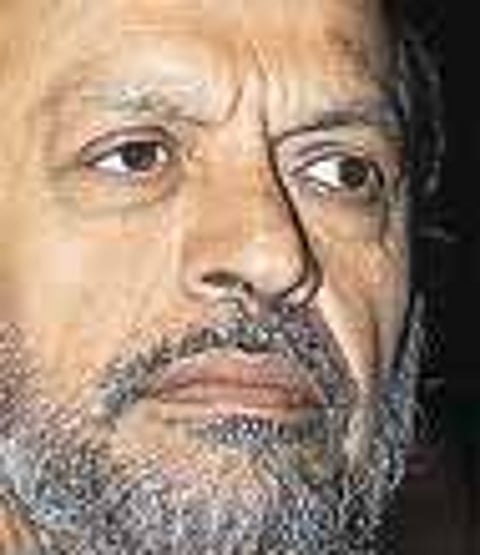
"Secular Common Sense by Mukul Kesavan (Penguin) made a lot of sense tome.It's a very fine, thought-provoking and intelligently-argued book on secularism.Particularly in the light of December 13, I think we have to function in a seriouslyunited way. We need to be inclusive in our ideas in terms of our own people and notfunction with attitudes which are either patronising or downright hostile to theminorities, which is usually happening for political reasons in our country. It's hightime that we thought of our diversity as ourselves and not go on to create circumstanceswhere we've got to be asking different kinds of people and communities to prove theirnationalism and patriotism."
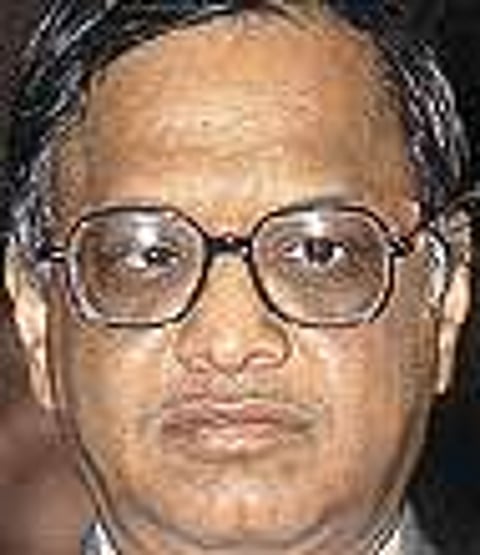
"My choice is India Unbound by Gurcharan Das (Penguin). Outlining thebusiness history of India in an objective and story-like manner, I found Gurcharan'smasterpiece unputdownable. Apart from the literary style and the personal anecdotes, ithas many invaluable lessons for the reader."
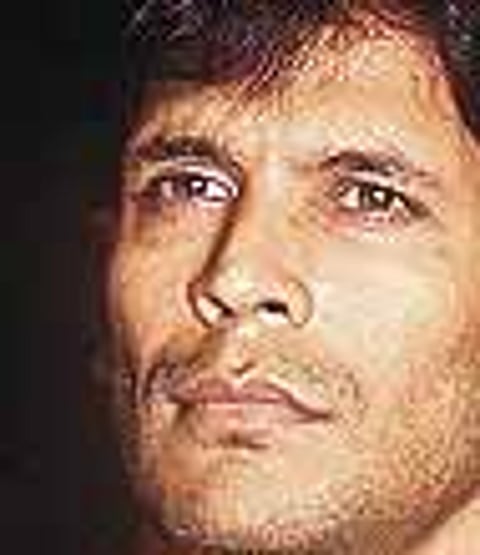
"This year I preferred to read fantasy: The Chronicles of Narnia by C.S.Lewis (HarperCollins). It speaks of another dimension—a boy and girl who enterfantasy land by using a magician's ring."
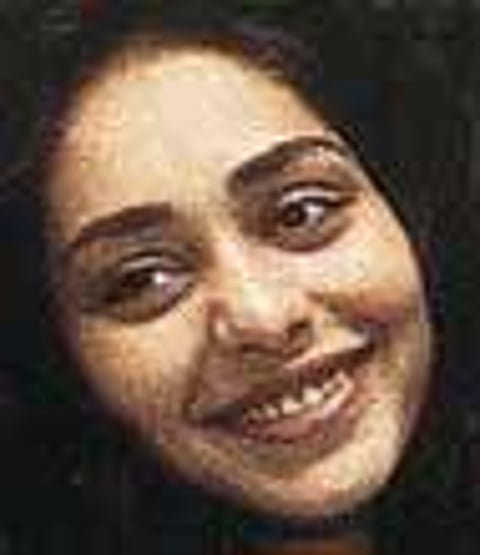
"The only book I was in the mood for in these past few months full of images ofWTC destruction and attack on Parliament was On Love by Alain de Botton (RandomHouse)—it's one person talking about falling in love and how the rose-tinted viewkind of gets squashed as it confronts practical reality."
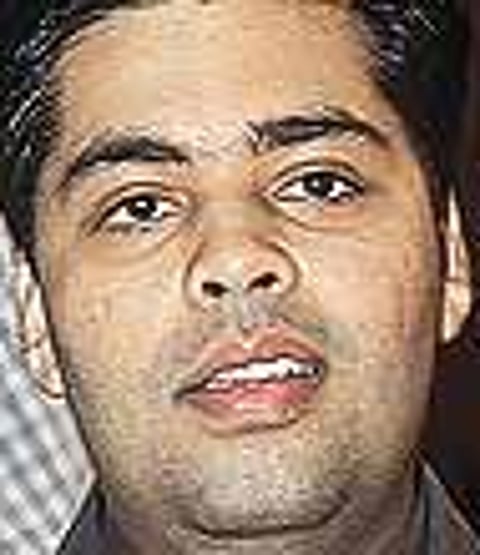
"Frankly, this whole year has been taken up by Kabhi Khushi Kabhie Ghamand the only book I read was on my own film—The Making of k3g by NiranjanIyengar. I went through it in one sitting and was surprised by it. It was Niranjan'sinteraction with the cast and crew and I'd thought I was dependent on them but the kind ofconfidence they professed startled me—they seemed to have complete faith in what Iwas doing and I was a little nervous after I read that."
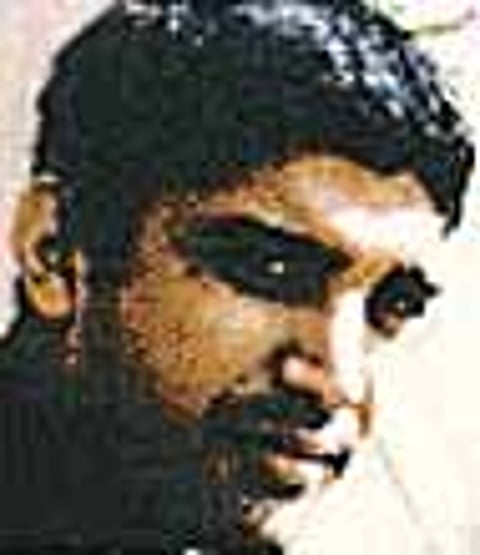
"My choice is Way of the Peaceful Warrior by Dan Millman (H.J. Kramer),based on the story of athlete Dan Millman. It's a combination of fiction, autobiographyand self-help. Dan meets this one character who is a kind of evolved being just because ofthe way he lives his life—the kind of food he eats, the meditation he does—andhow he is guided by this guy. It teaches you to live like a warrior but a peaceful onewhere you are completely in command of every emotion, every decision just by the way youcondition your mind."
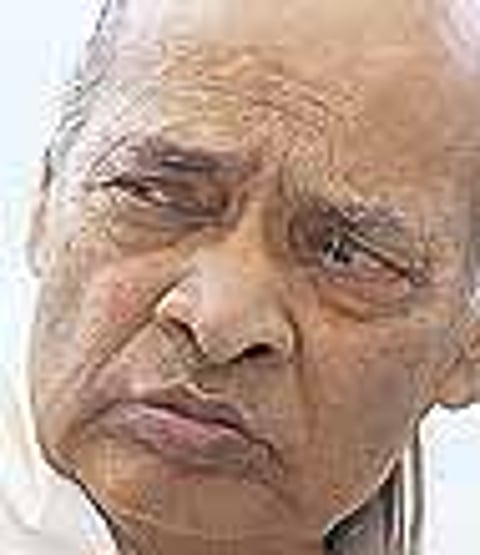
"Frankly, I've been too engrossed this year in my court cases to have time toread anything but legal briefs."
Tags